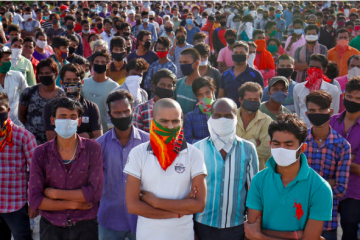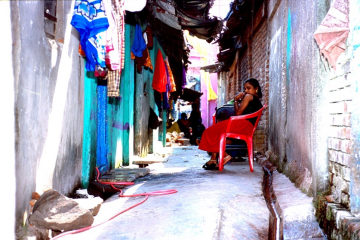Don’t Forget to Do Your Humanitarian Home Work! (Please 😊)
Mother Earth and the future happiness of your fellow human beings depend on all you little cells of sustainable cultural transformation Disclaimer:Just to be clear: In this text, I am not suggesting that we do not need technology, tech innovation and global health aides traveling the world. However, it is the time for concerted action. It is not enough to support people in need but it is necessary to destroy those systemic, culturally rooted sources Read more








